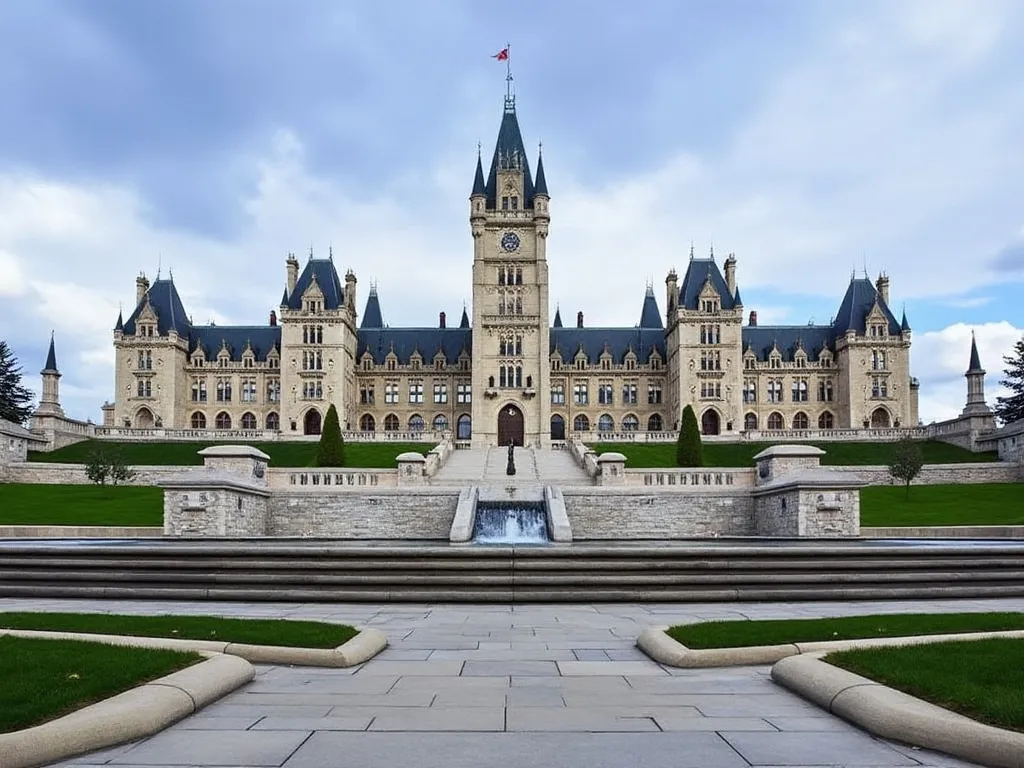
Ottawa, the capital city of Canada, is a city like no other. Located in the province of Ontario, Ottawa is a city that seamlessly blends history, culture, and natural beauty. From its stunning parliament buildings to its picturesque canals, Ottawa is a city that has something for everyone.
Ottawa information
| Country | 🇨🇦 Canada |
| City Population | 983,833 (2021 estimate) |
| City Coordinates | 45.4215° N, 75.6972° W |
| City Area | 2,778.64 km² (1,072.84 sq mi) |
| Climate | Humid continental climate (Köppen climate classification Dfb) |
| Language | English (official), French (official) |
| Currency | Canadian dollar (CAD) |
| Time zone | Eastern Time Zone (UTC-5), Eastern Daylight Time (UTC-4) |
| Proximity to other major cities | Montreal (166 km/103 mi), Toronto (350 km/217 mi), New York City (560 km/348 mi) |
Interesting facts about Ottawa and tourist attractions
Interesting facts about Ottawa
- Ottawa is home to the world's largest naturally frozen ice skating rink, the Rideau Canal Skateway.
- The city has more engineers and scientists per capita than any other city in Canada.
- Ottawa is home to over 1,700 parks and green spaces, making it one of the greenest cities in Canada.
- The city hosts many festivals throughout the year, including the Ottawa Bluesfest and the Ottawa International Jazz Festival.
Tourist attractions in Ottawa
- Parliament Hill: a stunning complex of buildings that serves as the seat of Canada's federal government.
- The Rideau Canal: a UNESCO World Heritage Site that is home to the world's largest naturally frozen ice skating rink.
- The National Gallery of Canada: a world-class museum that features a diverse collection of Canadian and international art.
- The Canadian Museum of History: a museum that tells the story of Canada's history and culture.
- The Byward Market: a historic market that features a diverse range of shops, restaurants, and cafes.
Historical background of Ottawa
Ottawa has a rich and diverse history that dates back to the early 19th century. Founded in 1826 as Bytown, the city was renamed Ottawa in 1855 and was chosen as the capital of Canada in 1857. During the American Civil War, Ottawa played a significant role as a major supply depot and refuge for American slaves. Today, Ottawa is a thriving city that is proud of its history and heritage.
Geographical location of Ottawa
Ottawa is located in the eastern part of Ontario, Canada, and is situated on the south bank of the Ottawa River. The city is nestled in the Ottawa Valley, which is a scenic region that is surrounded by rolling hills and picturesque farmland. Ottawa's unique geography makes it a popular destination for outdoor enthusiasts, with plenty of opportunities for hiking, biking, and skiing.
Cultural significance of Ottawa
Ottawa is a city that is steeped in culture and history. From its world-class museums to its vibrant arts scene, Ottawa is a city that is proud of its heritage. The city is home to many national institutions, including the National Gallery of Canada, the Canadian Museum of History, and the National Arts Centre. Ottawa is also a city that celebrates its diversity, with a thriving community of artists, musicians, and writers.
Economic importance of Ottawa
Ottawa is a major economic hub in Canada, with a diverse range of industries that drive the city's economy. The city is home to many major tech companies, including Shopify and BlackBerry, and is also a major center for the aerospace and defense industries. Ottawa is also a popular destination for tourists, with over 10 million visitors per year.
Conclusion on Ottawa
Ottawa is a city that has something for everyone. From its stunning parliament buildings to its picturesque canals, Ottawa is a city that is steeped in history and culture. Whether you're interested in politics, art, or outdoor activities, Ottawa is a city that is sure to leave a lasting impression.
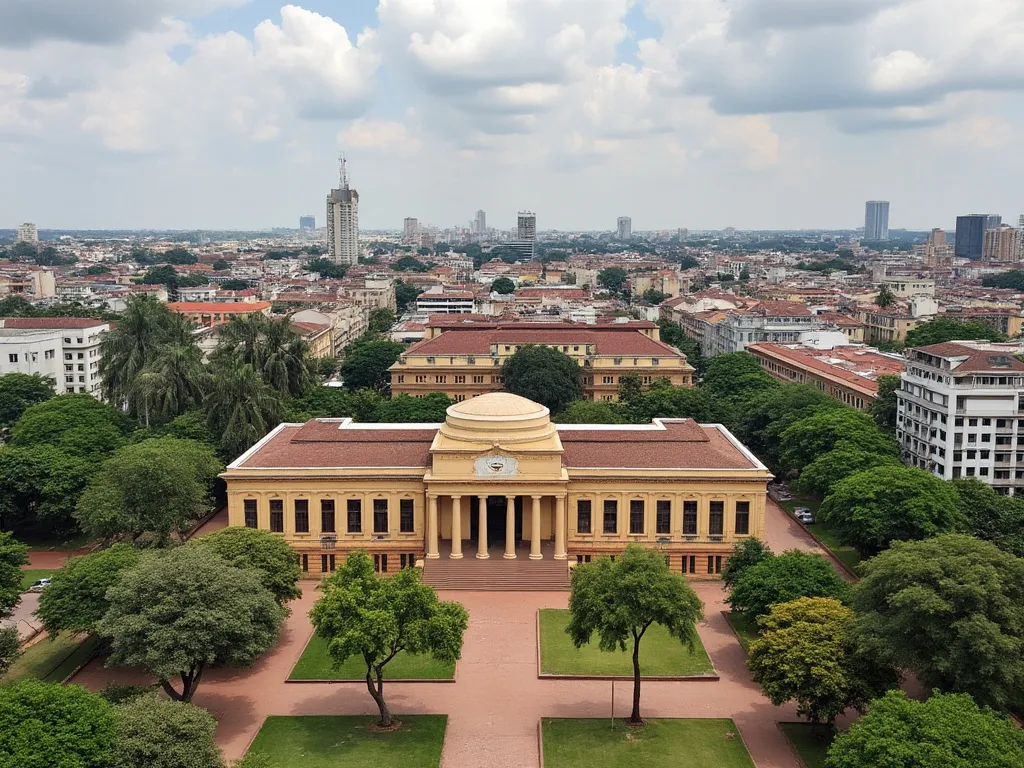 Ouagadougou
Ouagadougou
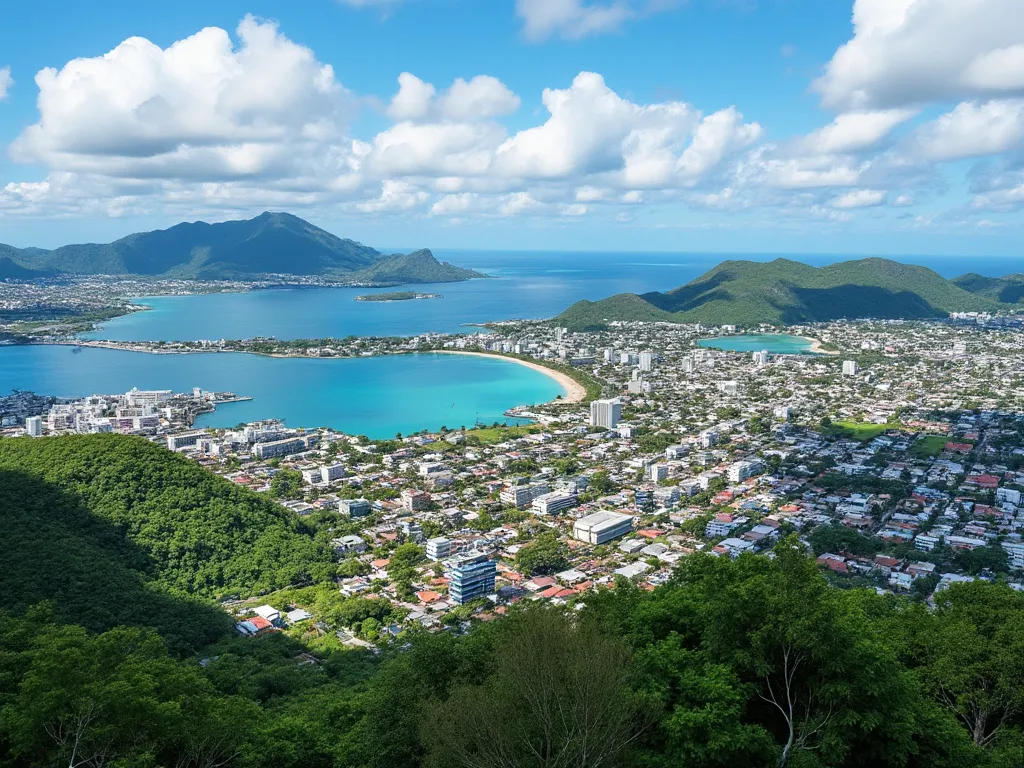 Pago Pago
Pago Pago
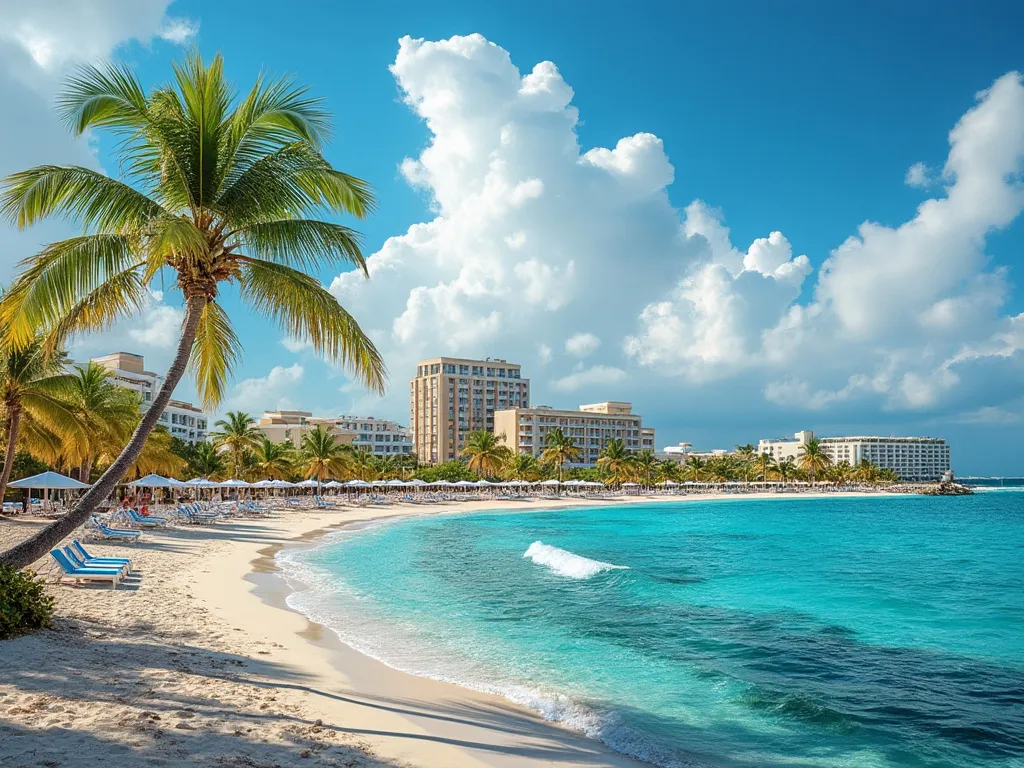 Oranjestad
Oranjestad
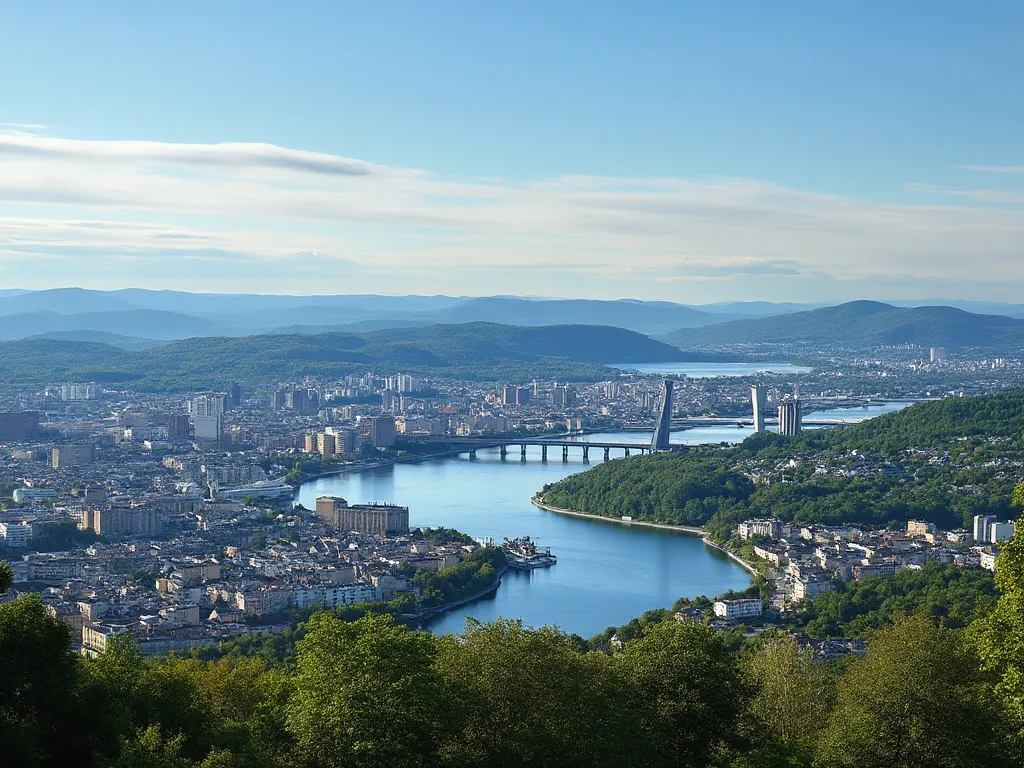 Oslo
Oslo